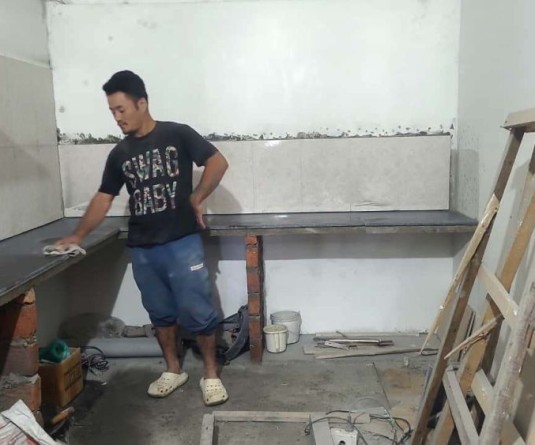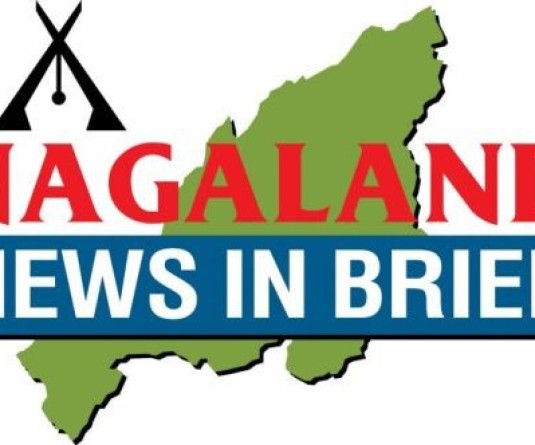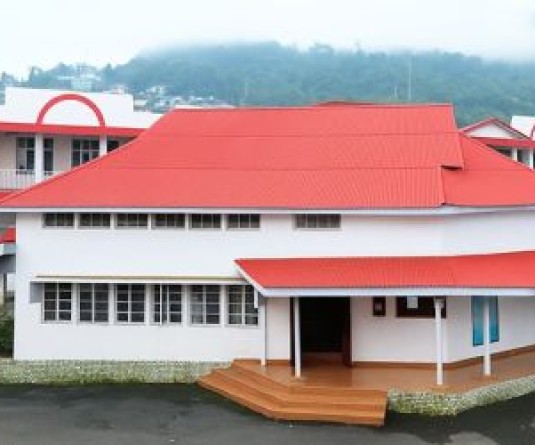
Morung Express News
New Delhi | May 8
As a part of the Forum for Naga Reconciliation’s (FNR) ‘Walking the Naga Day’ outreach, FNR member and noted social activist Niketu Iralu stressed on the need for Nagas to “listen to one another and to think together for the sake of our common future.”
Speaking at the Naga Christian Fellowship, New Delhi on May 6, Iralu spoke on the theme ‘Forgiveness, Healing and Reconciliation.’
He pointed out that Nagas like all other nations the world over have been baffled on how to deal with the forces of change shaping society.
Iralu stated that the FNR was able to make renewed efforts by holding two public interactions at Dimapur and Kohima recently to listen to assessments by various people. Questions such as “How far and deep are you willing to go for the Nagas?” had been raised to the FNR, he stated.
He stated that to be part of a group that desires to work for the betterment of society, one cannot inhabit vested interests. Iralu stressed on the need to address the pains of the past, while stating that consequences of unhealed wounds cannot be controlled. “Hurts not transformed are always transferred,” he said.
Maintaining that one of the FNR’s challenges is to transform hurts, Iralu noted that people themselves need to be conscious about this fact so that everyone can discover a way to heal wounds together. FNR does not desire this challenge to become an initiative where people simply follow orders, he said, while hoping for a society that would work towards this common goal with cooperation.
Iralu meanwhile also spoke of people who take part in “long-distance nationalism” and “social media politics.” They believe themselves to be transforming society but, in reality it changes nothing and only gratifies the person’s ego, he said. According to him, such irresponsible responses from far away only lead to complicated situations that do not provide any tangible results.
He stressed on the fact that Nagas need to learn how to talk honestly with one another for we need to start becoming responsible for each other. While acknowledging that the crisis Nagas have created together came out of the Naga struggle, Iralu maintained that the Naga struggle was right because it came out of the aspirations felt in their souls.
The reason Nagas are suffering today, he stated, was because they are fighting their struggles their own way and not in “God’s way.” This has resulted in “Naga underground” and “Naga over ground” destroying themselves and destroying the people for whom they were created to protect, he opined.
Iralu meanwhile also spoke on the role of the Church in Naga society and stated that “in Nagaland, Christianity through the church must start to solve some of the socio-economic problems otherwise Christianity will lose its roots.” He believed that the FNR and the church must work out what the role of the church.
Education, he stated, would be one area where the Church could take up responsibility. He noted that villages in Nagaland have primary schools that are run by church deacons and members. He believed this would bring hope and Christianity will become meaningful. No amount of high doctrines that are taught in the church will help people if they are not practiced outside the church, he said.
It may be noted that the FNR has been holding a series if interactions on reasoning together ‘To build a Shared Naga Future through Forgiveness, Healing and Reconciliation.’
On May 4, it held group meetings with Naga organizations, unions and associations; and an Open Public Interaction at Nagaland House, New Delhi. Meetings were also on May 5, followed by FNR members sharing experiences in at least 10 Naga churches and fellowships in Delhi on May 6.






